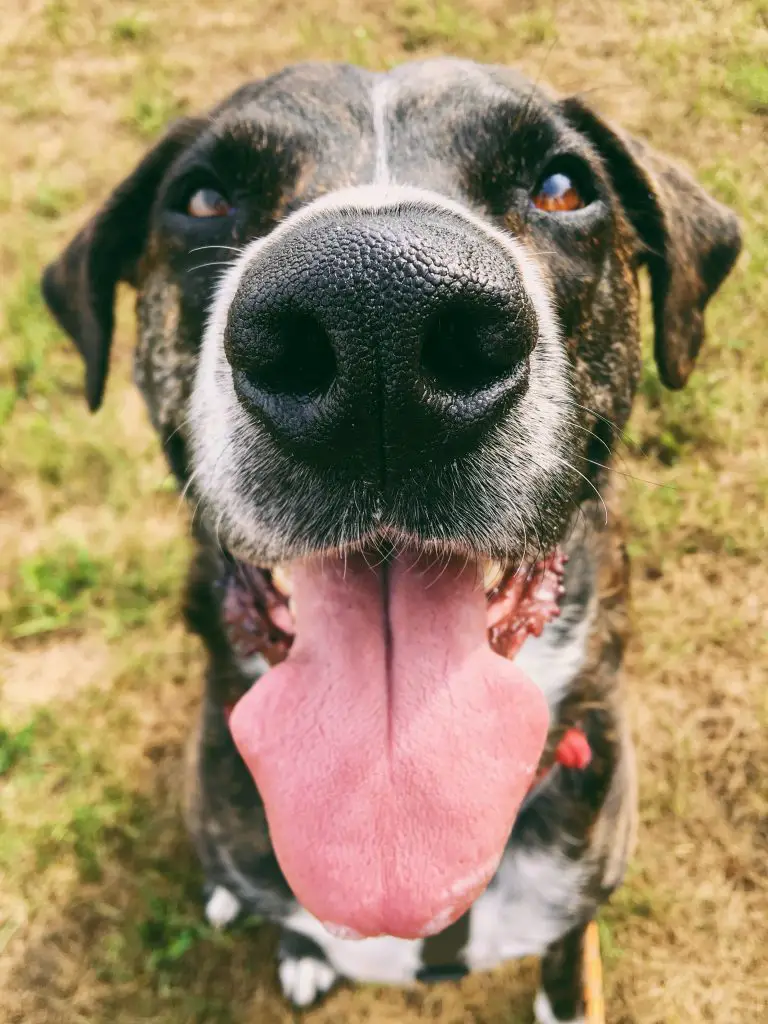My Dog Bit Me and Now I’m Scared of Him
Contents
My Dog Bit Me and Now I’m Scared of Him – Introduction

Once upon a time, a young boy named Alex had a dog named Max. Max was a playful and affectionate dog, and Alex loved spending time with him. They would go for walks, play fetch, and cuddle on the couch together.
But one day, something changed. Alex was playing with Max in the backyard when suddenly, Max bit him on the hand. Alex was shocked and scared. He didn’t know what had caused his beloved dog to turn on him like that.
After the incident, Alex found himself feeling frightened around Max. He didn’t want to play with him anymore and avoided him as much as possible. On the other hand, Max seemed to be completely unfazed by what had happened and acted like nothing was wrong.
Alex’s parents were concerned about his sudden fear of Max. They tried to reassure him that it was just an accident and that Max still loved him. They even took Max to the vet to make sure there wasn’t anything wrong with him.
But Alex couldn’t shake the feeling of fear whenever he was around Max. He started to feel like he couldn’t trust his dog anymore. Max, sensing Alex’s fear, became increasingly confused and anxious. He didn’t understand why his best friend was suddenly so afraid of him.
Eventually, after much discussion and consideration, Alex’s parents decided to find Max a new home where he would be happier and more comfortable. They knew it was a tough choice, but they also knew it was right for everyone involved.
Alex was sad to see Max go, but he knew it was for the best. He learned that sometimes even the closest relationships could change, and always putting safety first is important. He promised himself that he would never forget his time with Max and always cherish their happy memories.
Dog BITES Its Owner! How I Fix It Quickly! https://m.youtube.com/watch?v=81YPdZzQqkg&pp=ygUnTXkgRG9nIEJpdCBNZSBhbmQgTm93IEknbSBTY2FyZWQgb2YgSGlt
It may impact your trust and relationship with the animal.
The traumatic experience of being bitten by a dog can be terrifying and may impact your trust and relationship with the animal. Feeling scared and unsure of how to proceed with your furry companion is normal.
The first step is to seek medical attention if the bite is severe. It is also essential to ensure your dog is up-to-date with its vaccinations to prevent any possible infection.
Afterward, observe your dog’s behavior to understand the underlying reason for the bite. It could be due to fear, anxiety, or aggression. Consulting with a professional dog trainer or behaviorist can help you identify the root cause and provide guidance on how to manage your pet’s behavior.
In the meantime, you can take steps to establish trust and build a positive relationship with your dog. These may include spending quality time with your dog, using positive reinforcement, and following routine training.
Rebuilding your bond with your dog will take a little time
Remember that rebuilding your bond with your furry friend takes time and effort. Be patient, seek guidance, and keep a positive outlook toward your pet.
Getting bitten by a dog can be a traumatic experience, and it is understandable to be scared of your dog after being bitten. However, it is essential to understand that dogs can bite for various reasons, which does not necessarily mean that the dog is aggressive or dangerous.
The first step in addressing the situation is to seek medical attention if the bite is severe. Even if the wound seems minor, cleaning it thoroughly and monitoring it for any signs of infection is essential.
Find the reason
After caring for the physical wound, it is time to address the underlying issue that led to the bite. Dogs may bite for various reasons, including fear, pain, and territorial aggression. Your dog may have felt threatened, anxious, or frustrated when he bit you.
Working with a professional dog trainer or behaviorist who can assess your dog’s behavior and help you develop a plan to address the issue is crucial. They can teach you how to read your dog’s body language and respond appropriately to avoid future incidents.
Establishing clear boundaries with your dog, such as not allowing him on the furniture or near children or strangers, is also essential. Consistent training, exercise, and socialization can help your dog become more confident, calm, and well-behaved. In addition to working with a professional, you can take steps at home to help your dog feel more secure and comfortable. Providing a safe and quiet space for your dog can help him feel less anxious and overwhelmed. You can also create a routine for your dog, including regular exercise, meal times, and playtime.
It may take some time and patience to regain trust with your dog after a bite, but it is possible with the right approach. Remember that dogs are highly trainable and adaptable, and with proper guidance, you can help your dog overcome his fears and anxieties.
However, it is important to note that a dog may sometimes be unsuitable for a particular environment or family. If your dog has shown aggression or seems unsafe around children or strangers, consider rehoming him.
In this case, it is crucial to work with a reputable rescue or shelter organization that can assess your dog’s temperament and find the best possible home for him. It may be a difficult decision to make, but ultimately, it is essential to prioritize the safety of yourself and others.
Conclusion
Getting bitten by a dog can be a traumatic experience, but it is essential to remember that dogs can bite for various reasons. Seek medical attention if necessary, address the underlying issue with the help of a professional trainer or behaviorist, and take steps at home to help your dog feel more secure. You can rebuild trust with your dog after a bite with patience and consistency. And if necessary, don’t hesitate to consider rehoming your furry friend for everyone’s safety.
It is important to understand that rehabilitation takes time, effort, and patience. Adjust your expectations and be willing to invest in your dog’s training and well-being. It is crucial to stay committed and consistent throughout the process and avoid punishing or scolding your dog, as it may worsen the situation.

More Links :








Leave a Reply